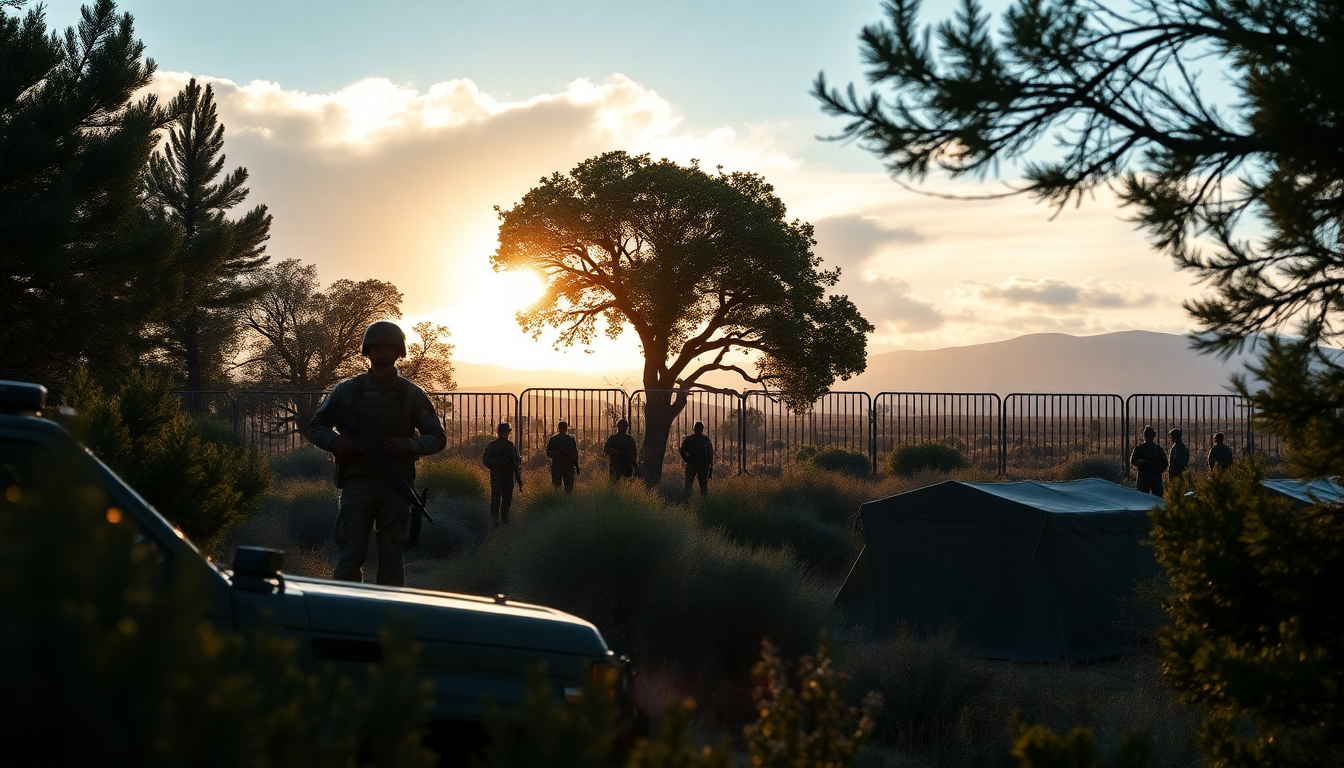Table of Contents
The deployment of the National Guard in California, set in motion by the Trump administration, has stirred up quite the controversy while raising a host of legal challenges. But what’s really at stake here? Framed within the broader context of immigration enforcement, this decision highlights the delicate balance between national security and civil liberties.
As various groups react to this military action, the implications go beyond just law enforcement; they touch on constitutional rights and the very limits of executive power.
What’s Happening with the National Guard’s Deployment?
Back in June, President Trump ordered the deployment of around 4,000 National Guard members and 700 active-duty Marines to Los Angeles.
This move was primarily a response to the growing tensions and protests against aggressive immigration raids in the country’s second-largest city. The goal? To support local law enforcement in tackling crime while addressing the public’s outrage over immigration policies.
However, the presence of military personnel in urban areas has raised some serious alarms among civil rights advocates and political opponents alike.
Legal challenges quickly followed, leading to a significant ruling from U.S. District Judge Charles Breyer, who issued an injunction against the deployment based on constitutional grounds.
But here’s the catch: this ruling was temporarily stayed until September 12, giving the administration time to consider potential appeals. Legal experts are now diving into the implications of this case, particularly regarding the Posse Comitatus Act, which restricts the use of federal military forces for domestic law enforcement.
Political Reactions and Their Implications
Democrats, spearheaded by California Governor Gavin Newsom, have been vocal in their criticism of the administration’s actions, labeling them as a partisan misuse of military power aimed at stifling dissent over immigration policies. This backlash isn’t just about California; it reflects a broader political tension surrounding immigration reform across the United States.
The deployment has not only heightened local tensions but has also sparked a national conversation about the proper use of military resources and the rights of states to manage their own affairs.
The legal battle regarding the National Guard’s deployment raises essential questions about the extent of presidential authority in domestic issues. As this case unfolds, it could set a crucial precedent regarding the separation of powers and the limits of executive action when faced with state opposition. The outcome might redefine how military resources can be utilized in civilian contexts, especially in politically charged environments.
What Lies Ahead: Legal and Political Forecasts
The upcoming legal proceedings will attract close attention, not just for their immediate implications but also for their potential to reshape the conversation around immigration and military policy in the United States. The eventual decision could influence how future administrations tackle similar challenges, either reinforcing or challenging the current balance of power between federal and state governments.
In conclusion, as the nation grapples with complex immigration issues and the role of military enforcement, the legal outcomes from this case will resonate in both political and legal arenas for years to come. Stakeholders from all sides will need to stay alert, as these results could have lasting impacts on civil rights and the fundamental principles of governance in America. Are we witnessing a turning point in how military resources are used domestically? Only time will tell.





